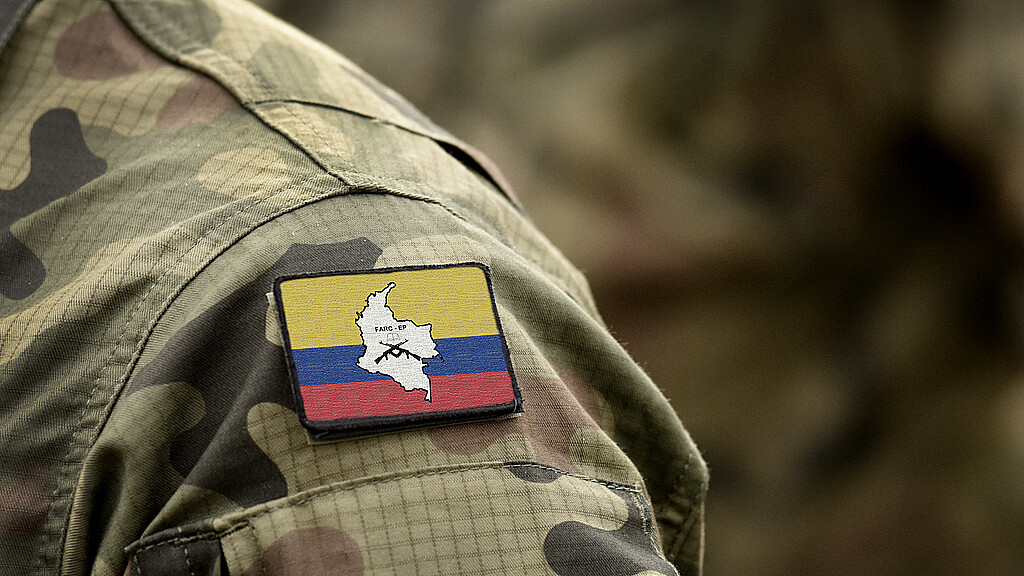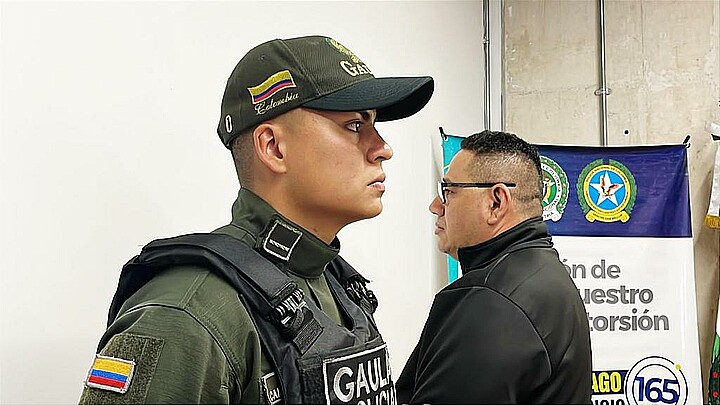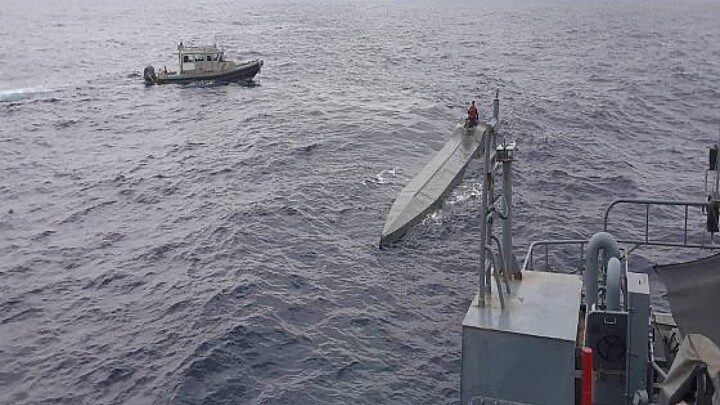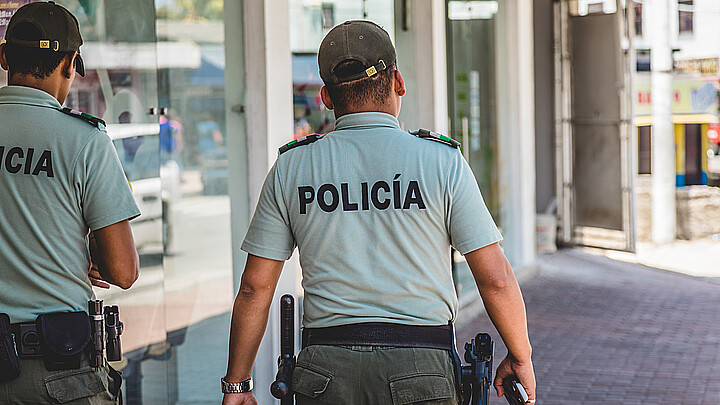Crime
Colombia's Petro administration to begin 'total peace' talks with Second Marquetalia terror group
The government signed a previous peace deal with FARC in 2016, but since then, about a thousand rogue fighters and members split off into the Second Marquetalia, a FARC splinter group that continue to engage in acts of violence. The group is most active on Colombia's border with Venezuela, but also has operates in other areas of the South American country.

June 7, 2024 9:06am
Updated: June 7, 2024 9:09am
Colombian President Gustavo Petro’s administration is aiming to begin peace talks later this month with the Second Marquetalia, a new faction of the decades old Revolutionary Armed Forces of Colombia (FARC).
Cuba, Venezuela, and Norway have been invited to act as guarantors of the peace negotiations.
The government signed a previous peace deal with FARC in 2016, but since then, about a thousand rogue fighters and members split off into the Second Marquetalia, a FARC splinter group that continue to engage in acts of violence. The group is most active on Colombia's border with Venezuela, but also has operates in other areas of the South American country.
The group’s name is a reference to the town of Marquetalia in Colombia, which was the original stronghold of Marxist peasant militants who formed FARC. The group was formed in 2019 by some former FARC commanders who refused to recognize the government’s peace deal in 2016, according to an online description published by the U.S. Office of the Director of National Intelligence.
The groups “conducts armed assaults, assassinations, extortion operations, and hostage takings,” according to ODNI. “The group focuses most of its attacks on Colombian Government and military targets and also attacks critical infrastructure. The FARC-SM equips its members with small arms, machine guns, and improvised explosive devices.”
It has also been designated as a foreign terrorist organization by the U.S. State Department since November 2021. The Biden administration delisted the original FARC as a terrorist organization that same year, a move that drew fire from Republicans such as U.S. Sens. Marco Rubio and Rick Scott.
“While your administration has attempted to distinguish the “good” members of the FARC from the “bad” members of the FARC by simultaneously adding to the FTO list the FARC dissidents and Segunda Marquetalia, the reality is that this bifurcation is cosmetic at best and opens a new source of financing and assistance for these terrorist organizations,” Rubio and Scott wrote to Biden in December 2021 letter.
The talks are part of an ongoing plan by Petro’s to have what he calls “total peace” throughout the country, but such negotiations with other ‘rebel’ organizations have proven difficult for the South American country despite the FARC deal in 2016.
Known as one of Colombia’s primary cocaine traders, it also engages in attacks on Colombian police and military units that are combatting the drug trade.
Last month, the Colombian armed forces made progress when it discovered and took control of a secret “factory” where Second Marquetalia soldiers were arming drones with explosives.
A June 6 BBC report said that the group was planning “to detonate above police stations and military bases.”
The group’s leader, who is commonly known as Iván Márquez, previously negotiated the peace talks for FARC in 2016 of the 2016. Three years later, his image surfaced in a video with other former FARC soldiers declaring war on the government.
In that video, Márquez accused the Colombian government of “betraying” the peace treaty, alleging that Bogota was “indifferent” to the fate of former FARC rebels after the peace deal went into effect.
Some of those former FARC leaders have since been killed. Some suspected that Márquez was also killed, but he reappeared in a video last month, which the Colombian government has verified as genuine.
The main negotiator for the Second Marquetalia is a rebel soldier known as Walter Mendoza, who joined FARC decades ago in the 1970s. He has a reputation for launching special operations against the government.











